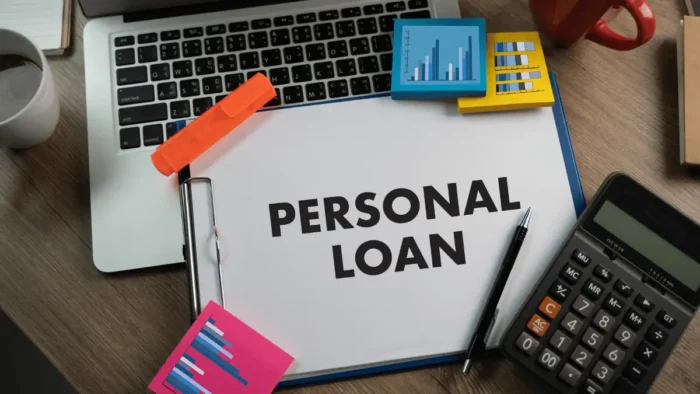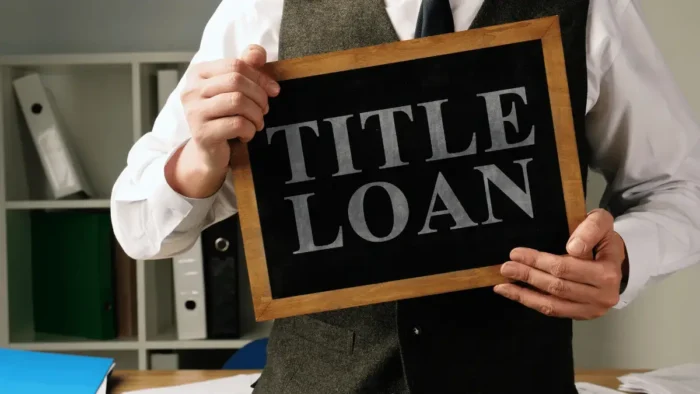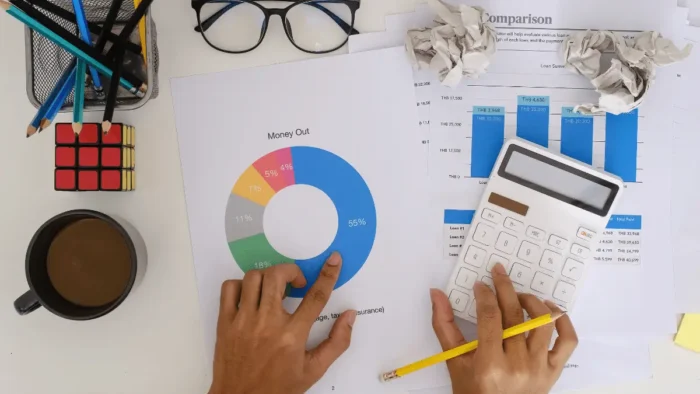Low documentation or ‘low doc’ loans are a kind of commercial loan designed for borrowers who don’t have enough documents to prove that they’d be able to pay for their desired loan. They’re mostly self-employed individuals or small businesses who have income but don’t have the usual documents to prove their income history.
Many startups and small businesses began their enterprise without being able to properly sort their business documents. They were so preoccupied with putting up their businesses they never really gave a thought to when they’d need to get a bank loan someday.
Minimal Documentation
enough mall businesses don’t have enough people to sort their receipts and financial statements. The years pass by and they may still have documented income history.
Whatever the reason, a low doc loan could be the most suitable commercial business loan for small businesses and self-employed individuals. To know more about the minimal requirements, you can check www.commercialloans.com.au.
Common Requirements
The most common minimum document requirements for low doc loans are the following:
- An income declaration made and signed by the business owner about the current income of the business
- A statement to prove that the business is active. This is also called a Business Activity Statement (BAS)
Small business owners often resort to low doc commercial loans when the business premises they’re leasing is offered for sale by their landlord. When the land is offered for sale, they don’t have documents acceptable to banks for traditional commercial loans. The standard full financial documents required by banks are tax returns and financial statements.
Aside from the common minimum document requirements, you may also need to give additional documents such as:
- An accountant’s letter
- Bank account statements
- A copy of the commercial lease agreement or your rental history

Benefits Of Low Doc Loans
One of the benefits of getting an approved low doc loan is that you’d be able to gain access to additional funds even though your income documentation wouldn’t have been acceptable otherwise to regular banks and loan providers. With regular banks, even though you do generate business revenue, this wouldn’t be enough to secure a loan if such income is not properly documented.
It’s not very unusual for self-employed individuals and small businesses to have insufficient documents about their income history. It’s not that they don’t earn anything, it’s just that their transactions are often undocumented. For instance, you don’t often find a baby sitter or personal caregiver, painter or gardener, and plumber or carpet cleaner, who can show financial statements acceptable to banks and loan providers. But they do earn.
There are now a growing number of commercial loan brokers offering low doc loans which meet the unique documentation circumstances and financial needs of many individuals and small businesses.
Another benefit of low doc loans is that even though borrowers can’t produce the documents required by banks and loan providers, they can still be eligible for the same privileges that used to be available only to those who get traditional commercial loans. These privileges include lower interest rates and lower and longer repayment schemes.
In the past, low doc borrowers had to settle for short-term loans with high-interest rates. But now they can avail of low doc loans whether for business expansion, business cash requirements, or to buy real estate.
Alternative Supporting Documents
In some instances, you may be allowed to use alternative supporting documents as alternative forms of income verification.
Some low doc commercial loan providers will accept profit forecasts. This is done by forecasting future profits based on past patterns of business performance and growth. If you’re planning to move your business to a new location, you can also put in some projection of possible increased business turnover. There are even banks that would take this and give you a full doc rather than a low doc loan.
Another alternative form of income verification document which you can submit is an interim financial statement that covers at least half of the financial year. This kind of financial statement could add more credibility to your application, especially if the performance of your business in the years previous to the current business year wasn’t strong enough to demonstrate that you could afford the loan and pay it back.
Acceptable Collateral Of Low Doc Loans
Some low doc loan lenders also accept the property as collateral for a low doc loan. There are generally four kinds of property that are accepted as collateral:
- Commercial property
- Rural property
- Residential property
- Industrial property
Keep in mind that the way they price low doc loans is usually based on Loan-to-Value Ratio (LVR) pricing. This simply means that while many low doc loan providers would say you can borrow up to 80% of the value of your mortgaged property, most banks would only lend you up to 65% of the value of your property.
Reasons To Choose Low Doc Loans
For self-employed individuals and small businesses that have good credit records but won’t be able to give the tax returns or financial statements required by banks for full doc loans, then a low doc loan would be a good starting point. It’s an ideal business solution for small businesses, and there are even lenders who offer comparably similar rates as traditional commercial loans. It’s also a good alternative to the high-interest rates of loan sharks.





